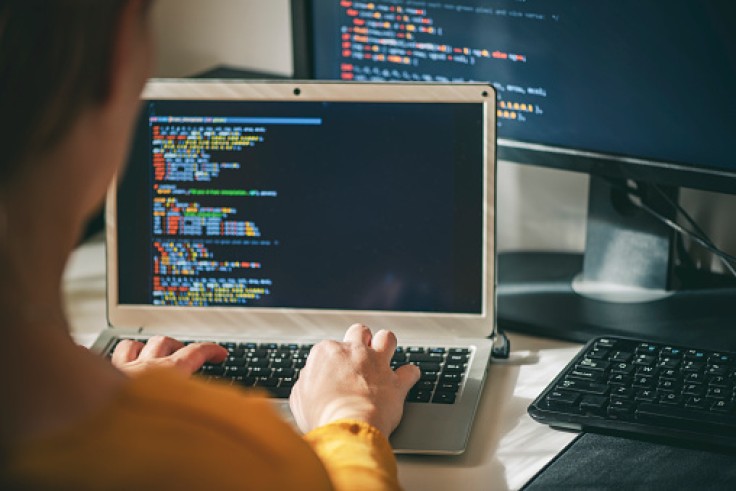More often than not, PCs tend to run without hitches, especially if they are pre-built. However, there are still occasional hiccups, and they can usually be fixed easily. Instead of calling a professional or bringing the unit to a service shop immediately, here are simple fixes you should try first.

General Troubleshooting
There are a plethora of things that can go wrong with a PC, and many of them have simple fixes where an expert's help won't be needed. Not only will you learn a lifelong skill, but you will also save money by not taking it to repair shops.
First, close the background programs you aren't currently using. Having them open all at once, even when not in use will use up a lot of processing power. With this, your PC will slow down, and it will affect the programs or apps you need at the moment.
If that doesn't work, try restarting your computer. Chances are your PC is just overwhelmed with all the active programs and services you didn't manage to close. Restarting your PC will close all of them, reset the system, and shut down running background programs at once.
Should the issues persist, it might be a problem with the operating system. Check if your OS is the latest version, and if not, update it as soon as you can. The issues might be caused by incompatibilities with your system, programs, and drives.
Storage Capacity
When that doesn't solve anything, then the contents of your PC might be the culprit, particularly the abundance of them. Over time, you will accumulate temporary files that will eat up storage space. That will slow your computer down, but it might be fixed by using Disk Cleanup.
Of course, this only takes care of files you no longer need. It's a different process altogether to remove or uninstall apps. Browse through all the apps and programs that are installed on your computer, and uninstall them if you don't or barely use them.
The same goes for your browser cache. These are resources downloaded from websites every time you open them, so you can imagine just how much data you have downloaded this entire time. Clear both your cache and cookies to see if it solves the problem.
Security Issues
If this turns out to be the issue, you might need to be more thorough and cautious. Of all the sites you visited, you may have contracted malware, which is malicious software that can do a lot of damage to your PC, and even steal your personal information.
The first thing you have to do is scan your PC for malware. You can use the built-in antivirus software your OS might have or opt for a third-party software. If it detects malware, immediately take action and check what kind of damage it has done such as corrupting files.
To prevent such things from happening, keep your antivirus or anti-malware software active at all times, as it will scan every visit and download you make online to make sure they are safe. If malware is detected, it will be blocked before it can do any damage.









